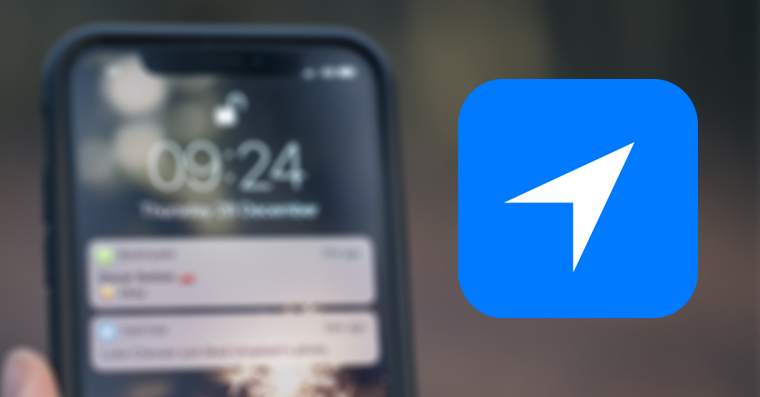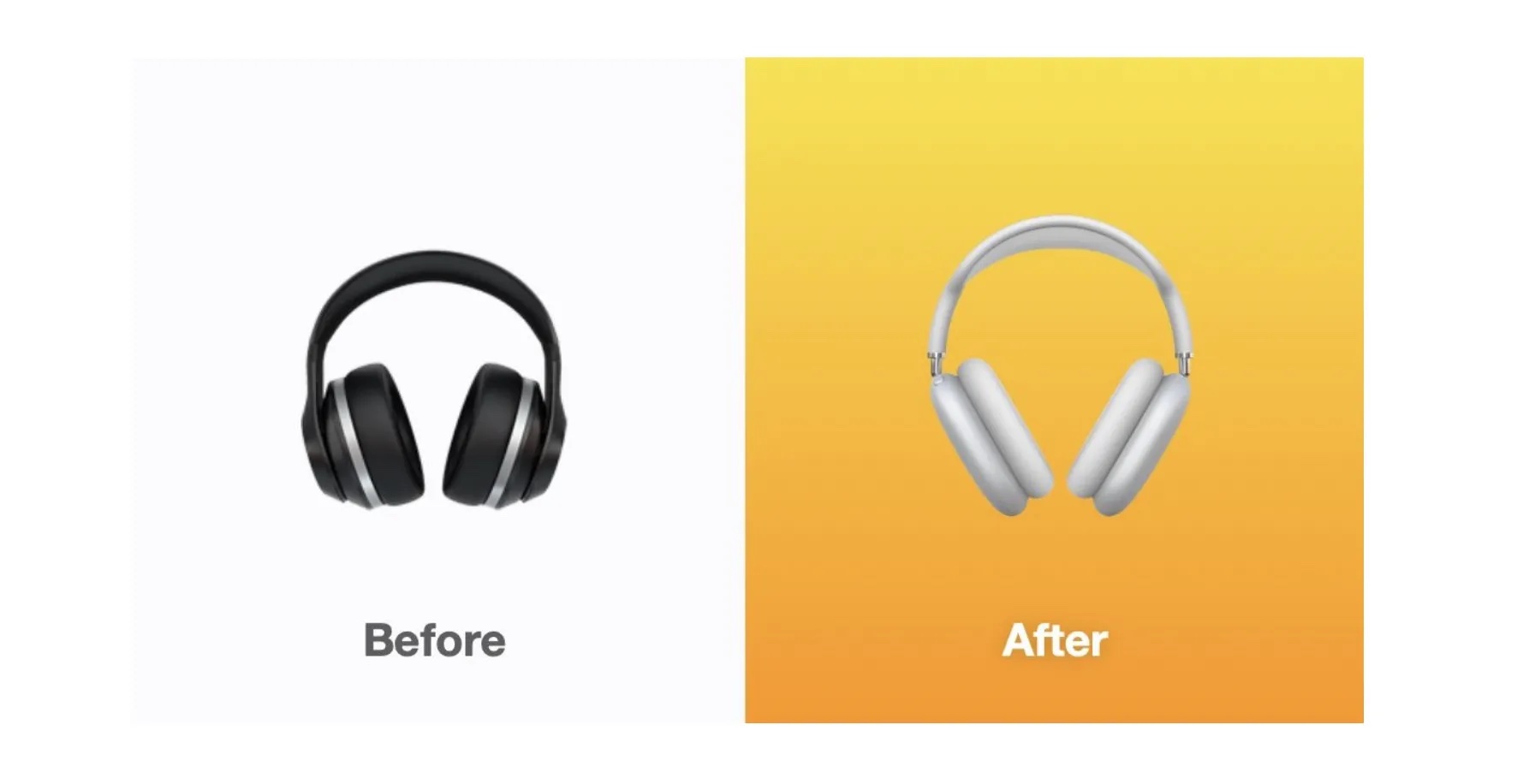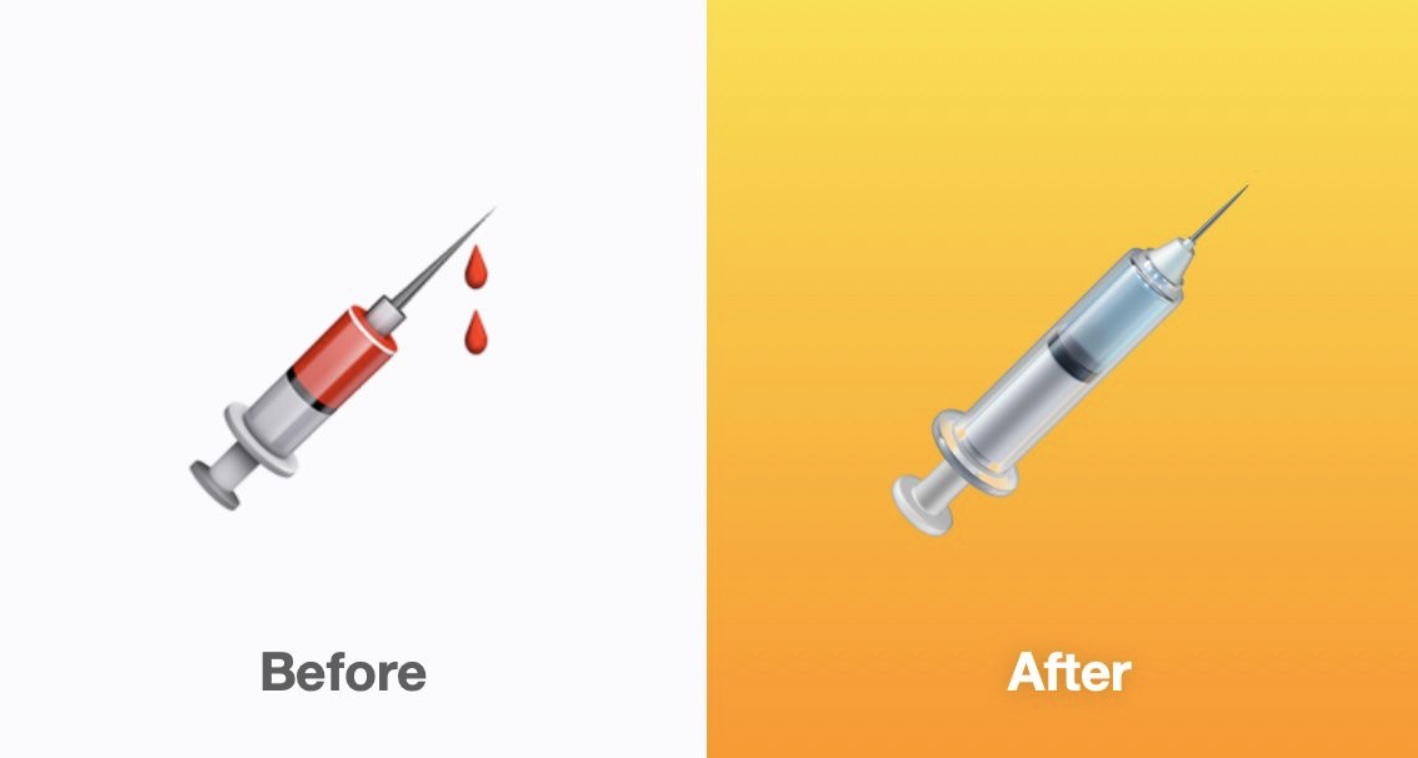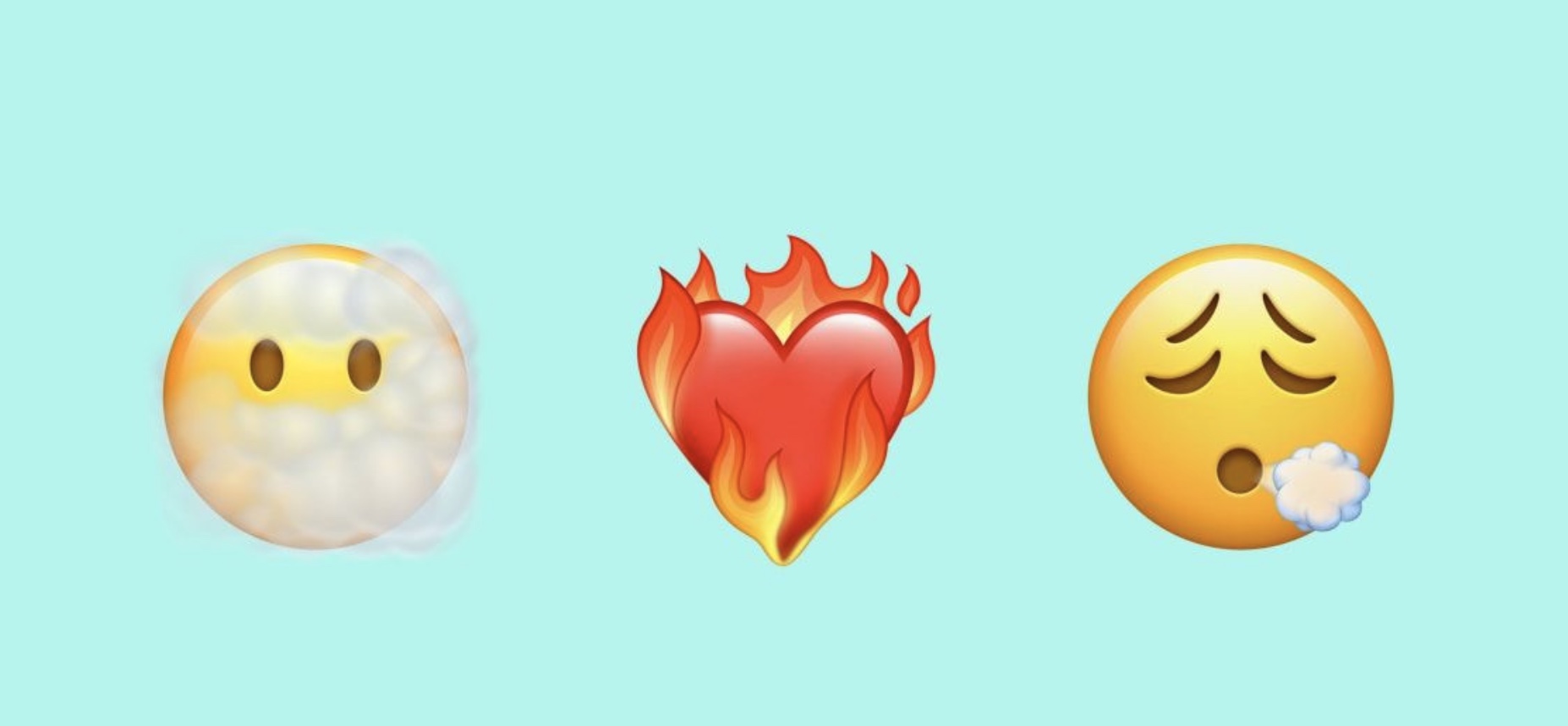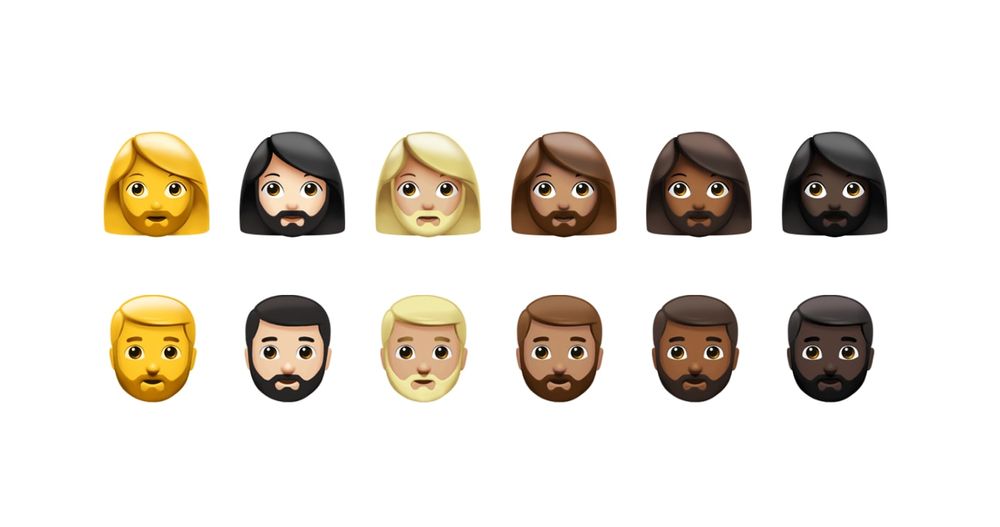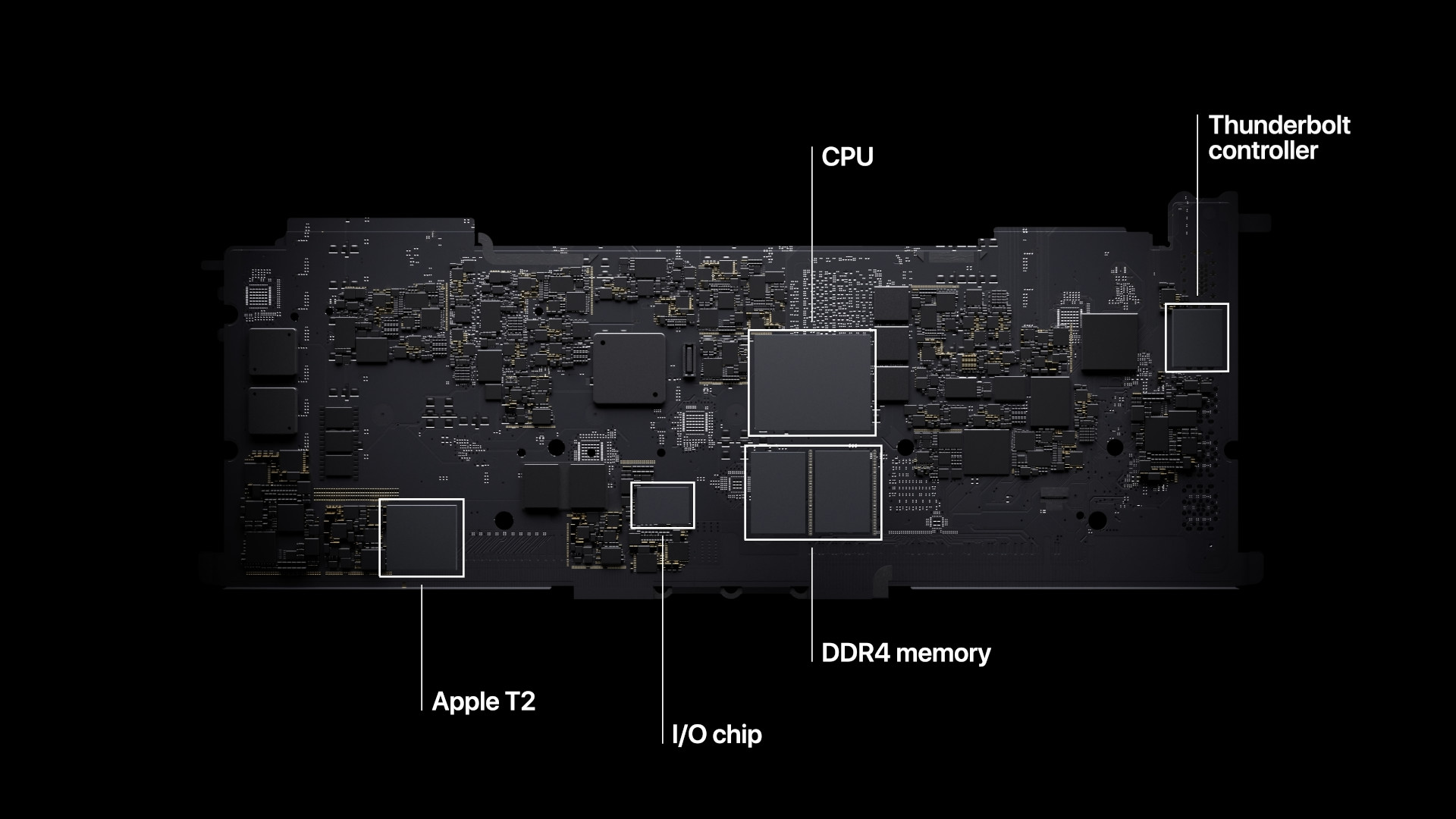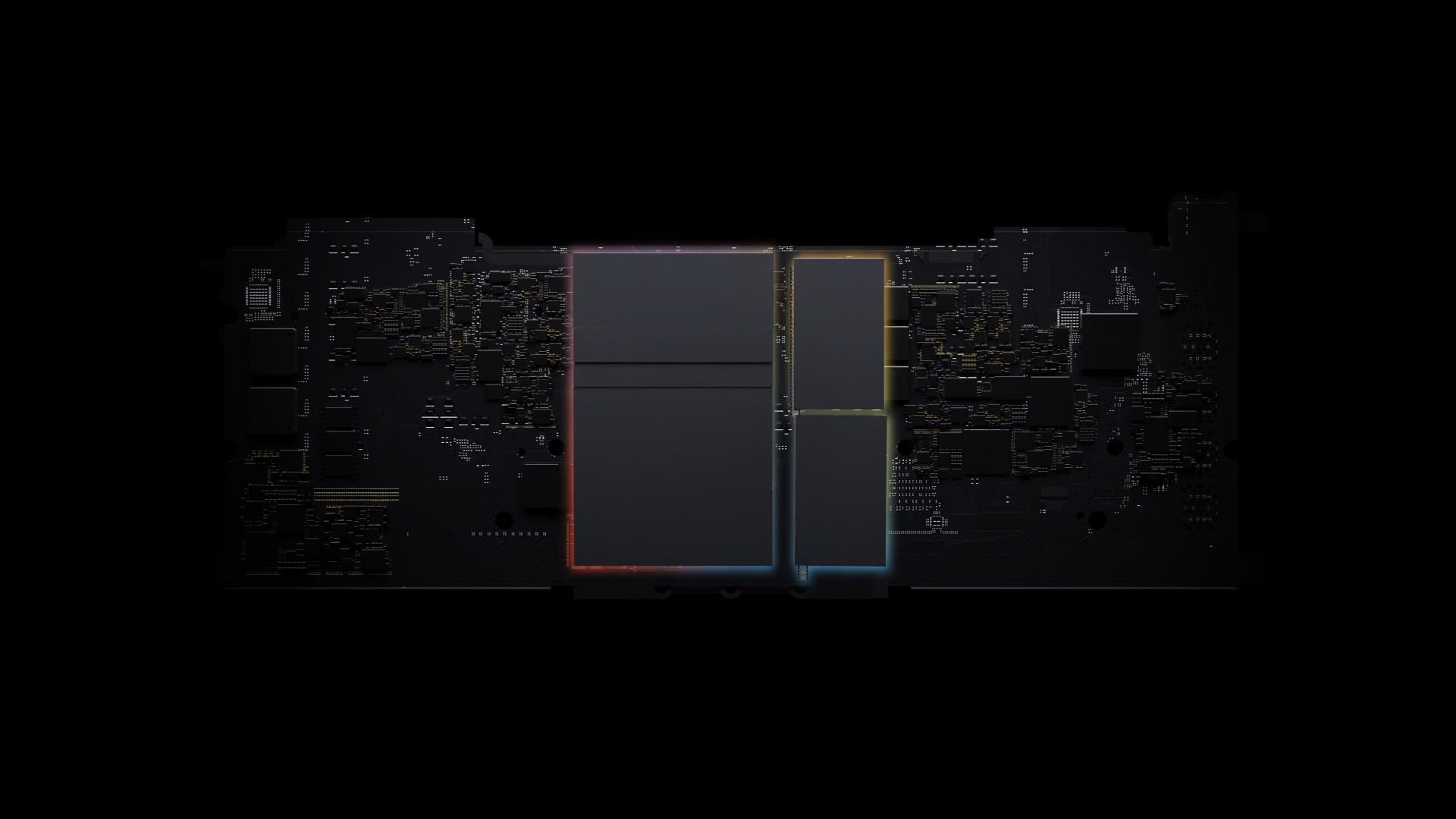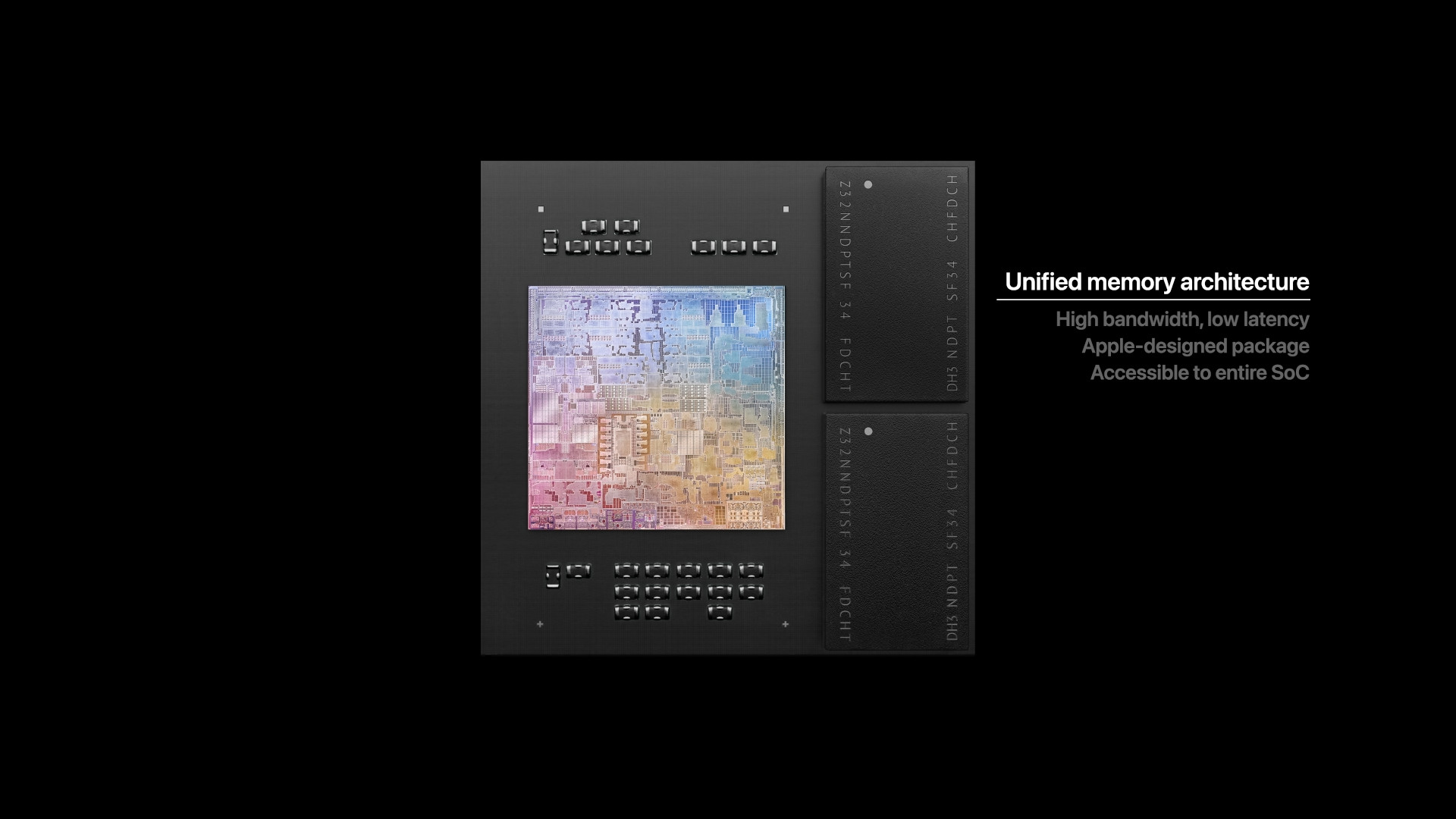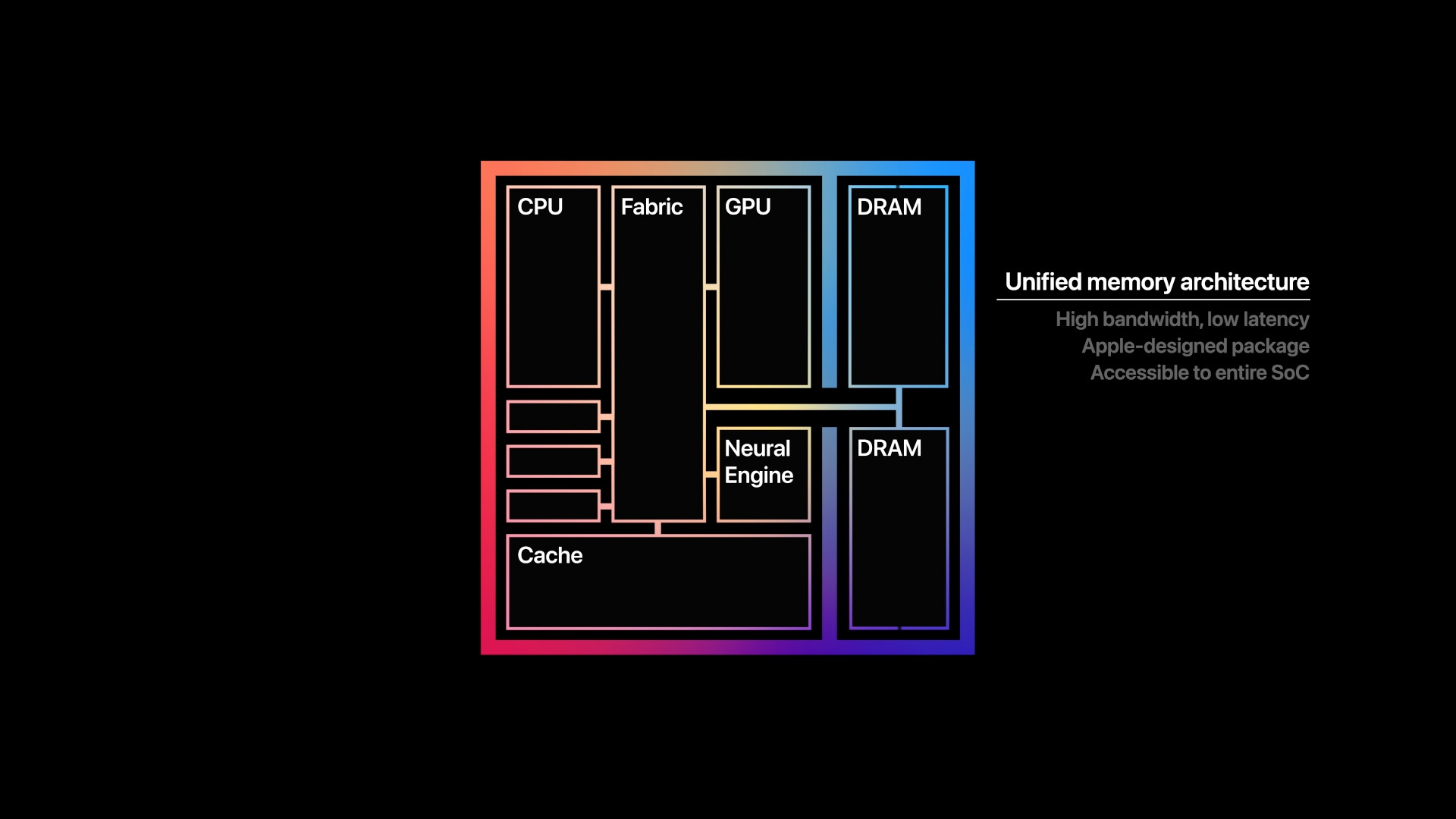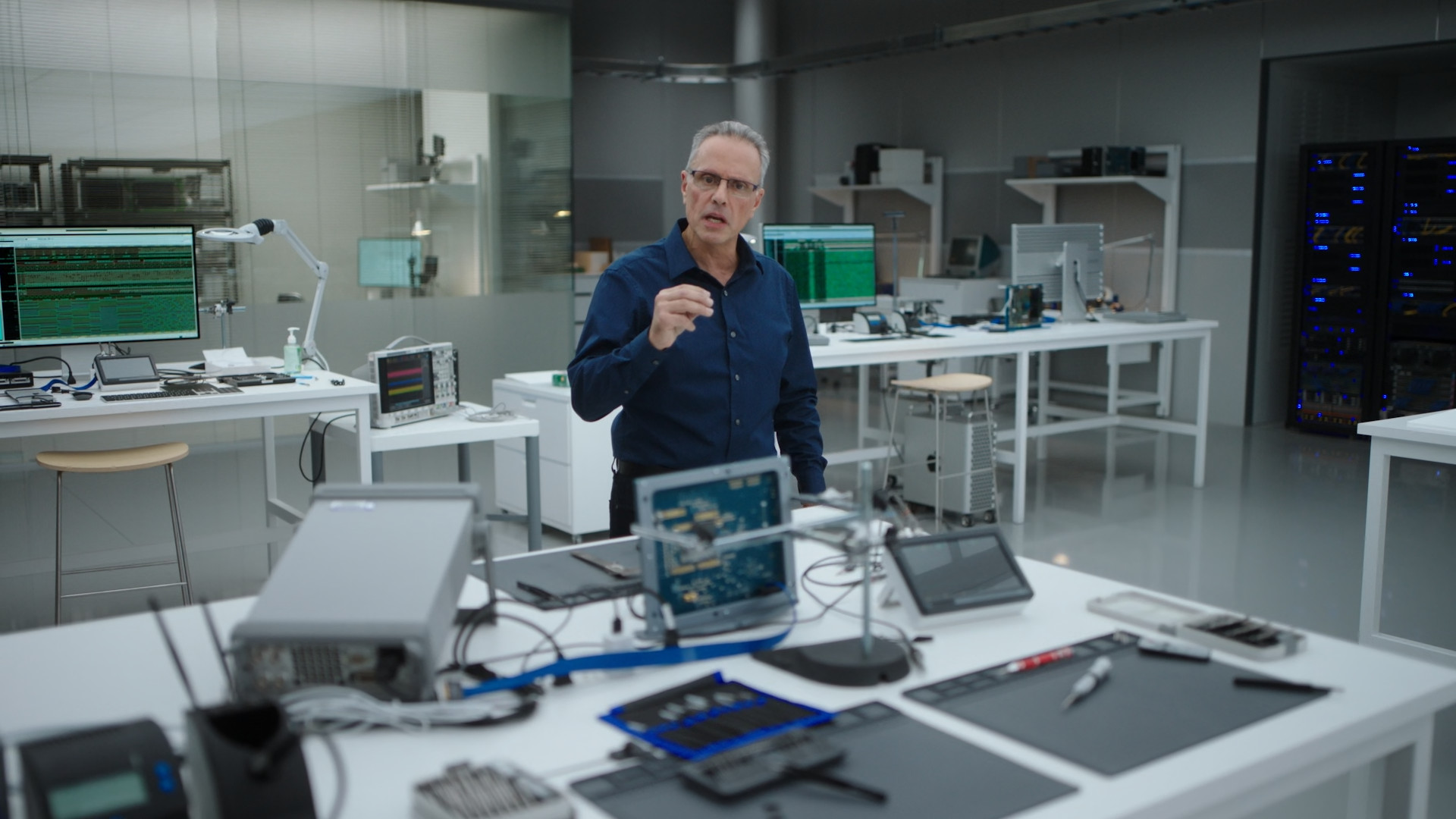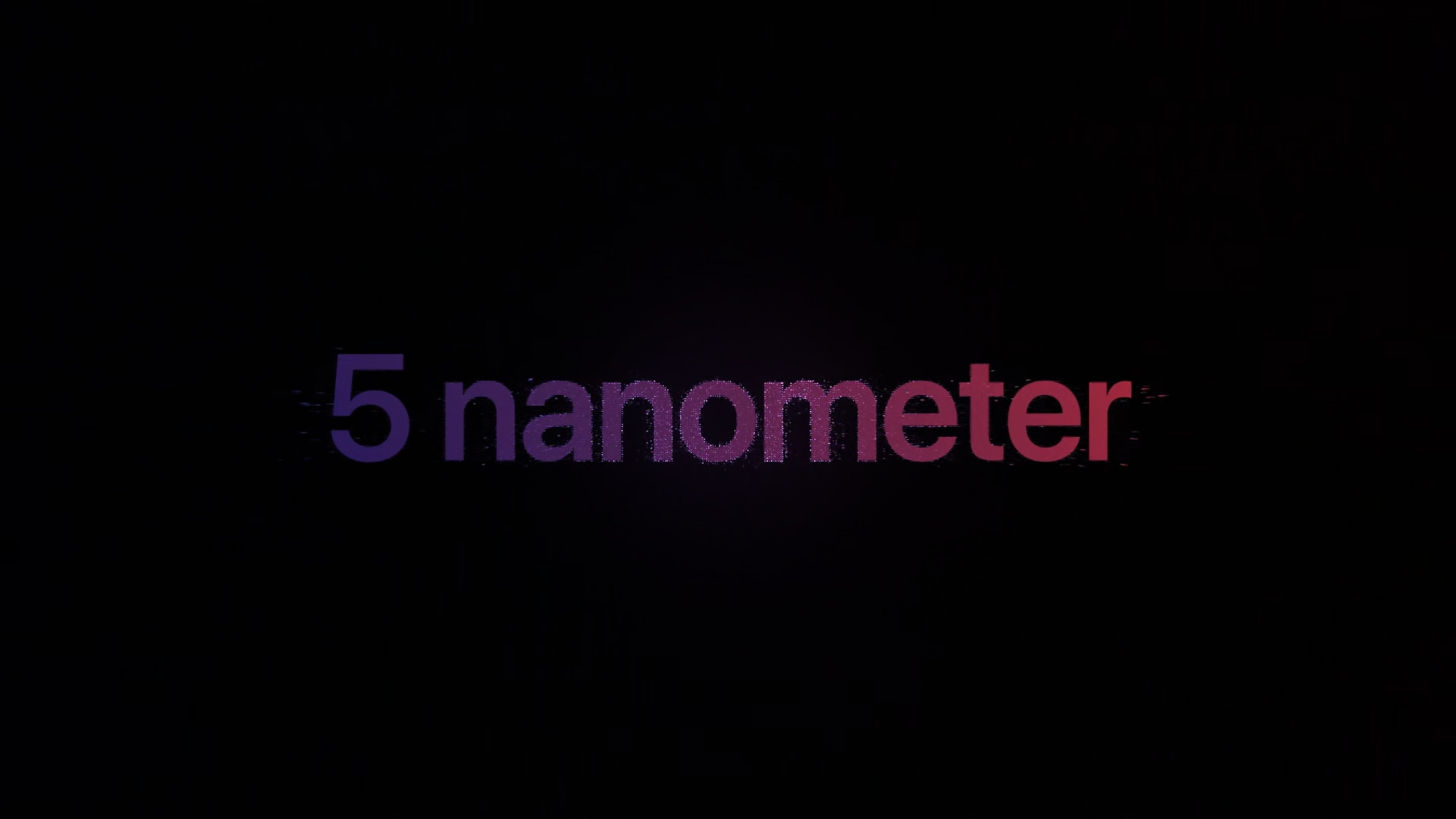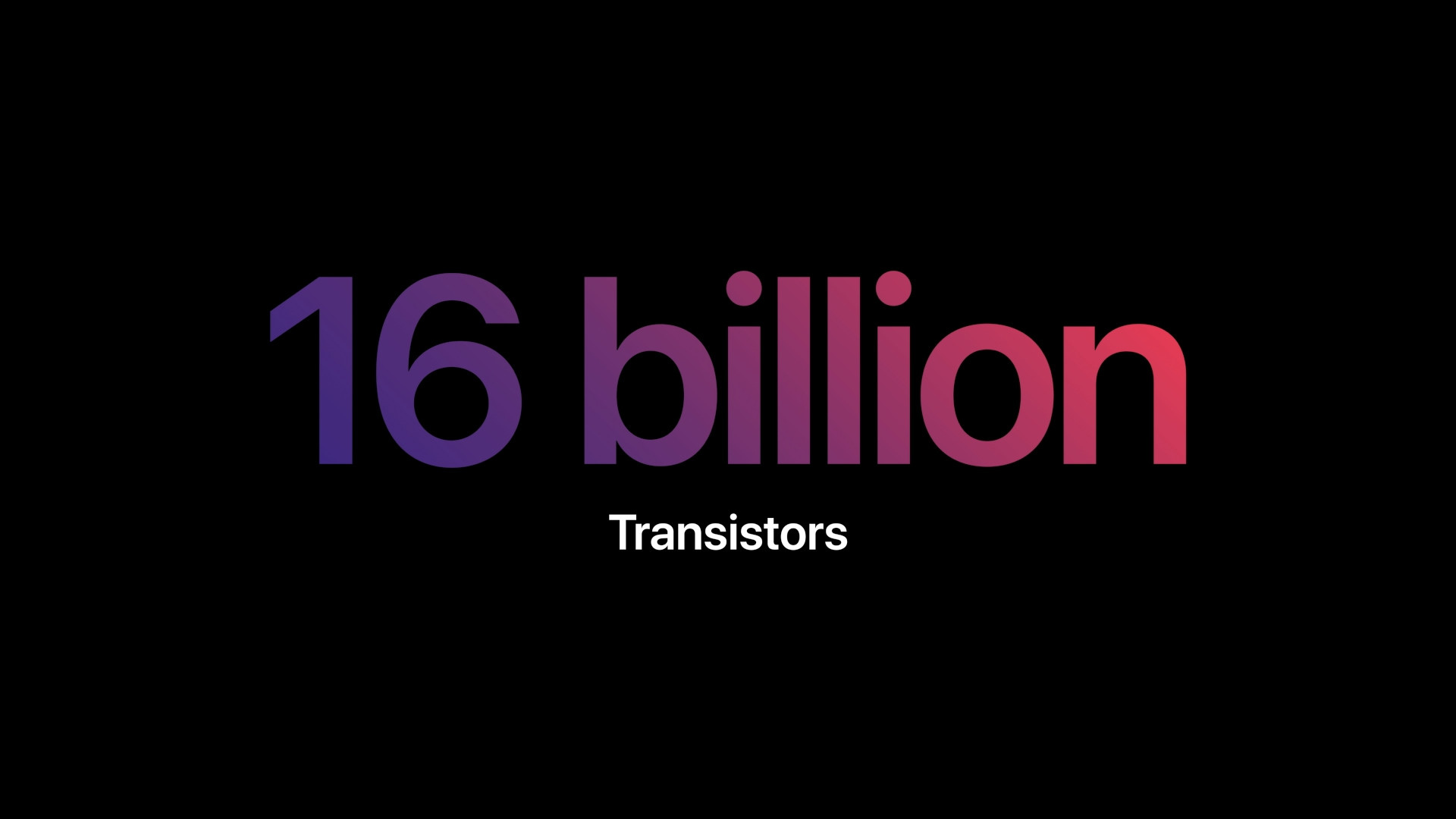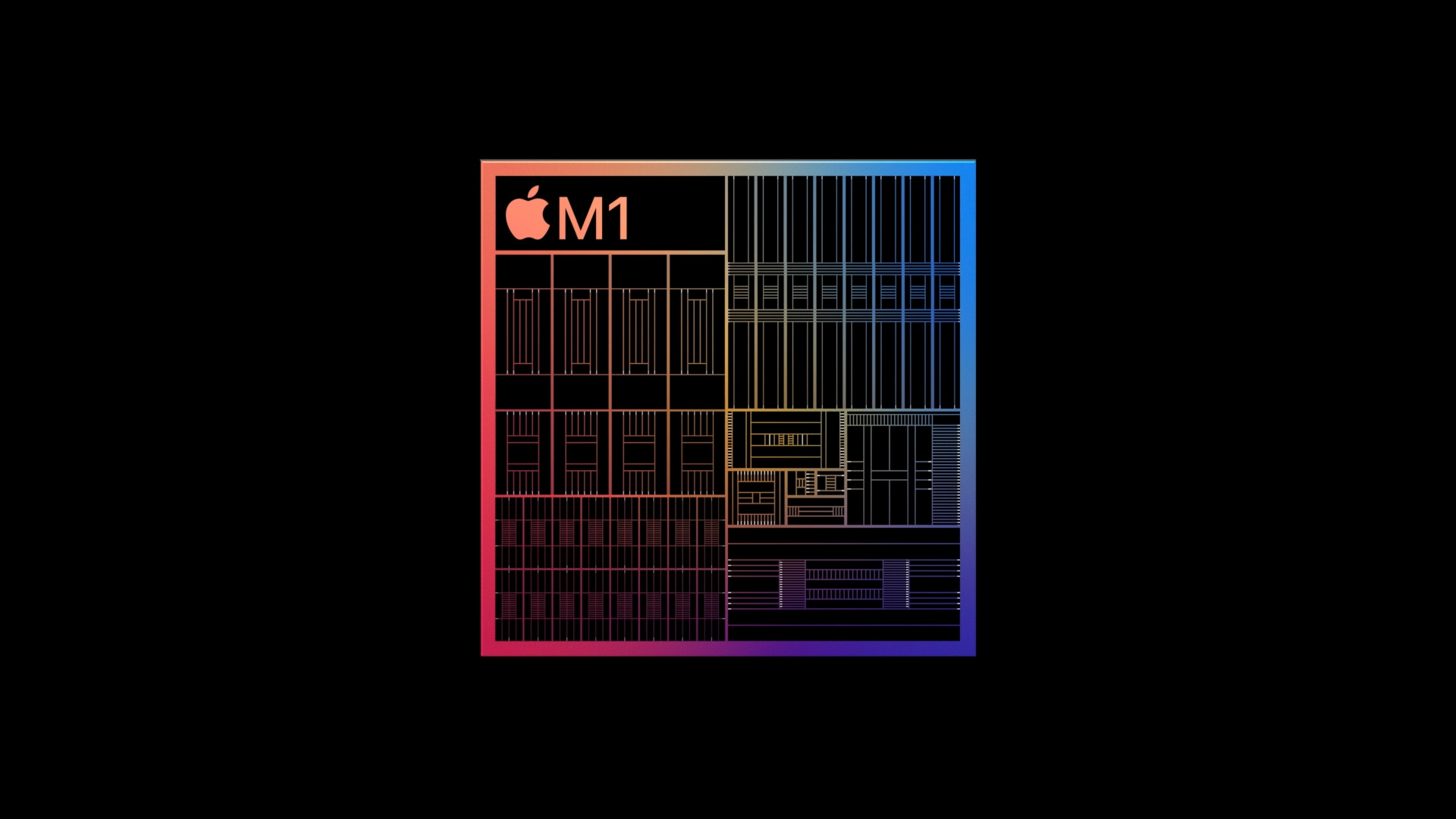In this regular column, every day we look at the most interesting news that revolves around the California company Apple. Here we focus exclusively on the main events and selected (interesting) speculations. So if you are interested in current events and want to be informed about the apple world, definitely spend a few minutes on the following paragraphs.
It could be interest you
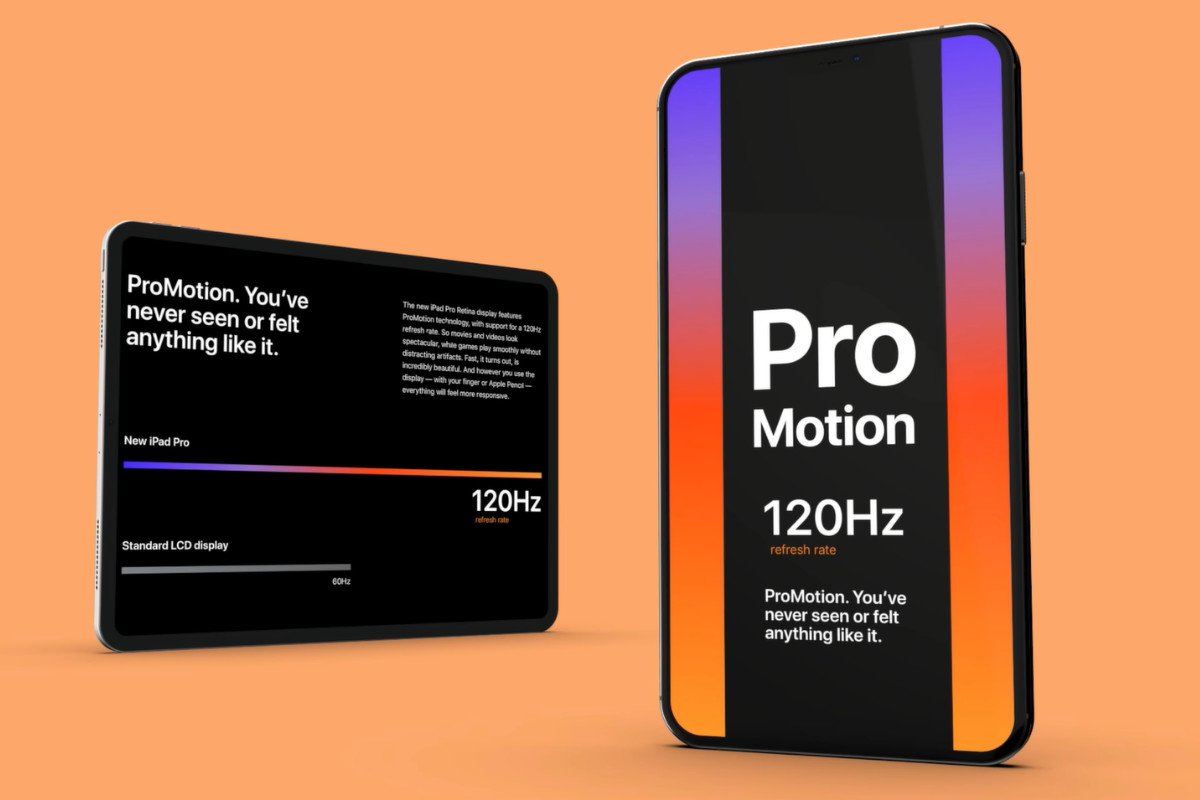
iOS 14.5 brings more than 200 new emoji, including a woman with a beard
Last night, Apple released the second developer beta version of the iOS 14.5 operating system, which brings with it interesting news that will surely get your attention. This update contains more than 200 new emoticons. According to the so-called emoji encyclopedia Emojipedia, there should be 217 emoticons based on version 13.1 from 2020.
The new pieces include, for example, redesigned headphones that now refer to AirPods Max, a redesigned syringe, and the like. However, completely new emoticons will probably be able to get the mentioned greater attention. Specifically, it is a head in the clouds, an exhaling face, a heart in flames and the heads of various characters with beards. You can view the described emoticons in the gallery attached above.
Mac sales rose slightly, but Chromebooks experienced a rapid increase
The current global pandemic has affected our daily life to some extent. For example, companies have moved to the so-called home office, or work from home, and in the case of education, it has switched to distance learning. Of course, these changes also affected the sale of computers. For the mentioned activities, it is necessary to have sufficient quality equipment and an Internet connection. According to the latest IDC analysis, Mac sales rose last year, specifically from 5,8% in the first quarter to 7,7% in the last quarter.
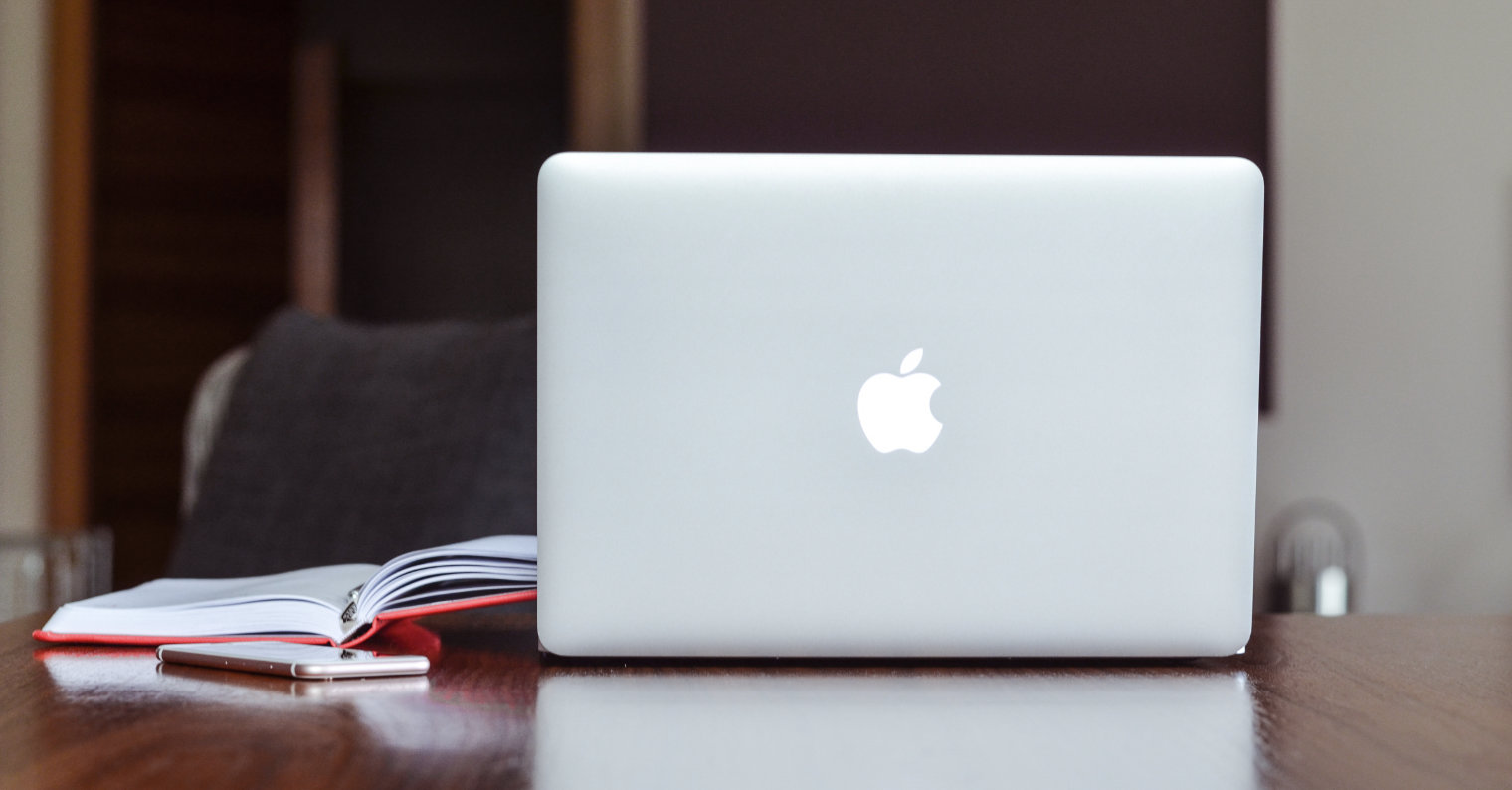
Although at first glance this increase seems quite decent, it is necessary to point out the real jumper that completely overshadowed the Mac. Specifically, we are talking about the Chromebook, whose sales have literally exploded. Thanks to this, the ChromeOS operating system even overtook macOS, which fell to third place. As we have already mentioned above, the demand for a cheap and sufficiently high-quality computer for the needs of distance learning, in particular, has grown enormously. This is precisely why the Chromebook can enjoy a 400% increase in sales, thanks to which its market share jumped from 5,3% in the first quarter to 14,4% in the last quarter.
The first malware on Macs with an M1 chip has been discovered
Unfortunately, no device is flawless, so we should always be careful – that is, don't visit suspicious websites, don't open suspicious emails, don't download pirated copies of apps, etc. On a standard Mac with an Intel processor, there are actually a lot of different malicious programs that can infect your computer with the bitten apple logo. Classic PCs with Windows are even worse off. Some redemption could theoretically be new Macs with Apple Silicon chips. Patrick Wardle, who deals with security, has already managed to detect the first malware that targets the aforementioned Macs.
Wardle, who is even a former employee of the National Security Agency of the United States of America, pointed out the existence of GoSearch22.app. This is an application directly intended for Macs with M1, which hides the well-known Pirrit virus. This version is specifically aimed at the continuous display of various advertisements and the collection of user data from the browser. Wardle went on to comment that it makes sense for attackers to quickly adapt to new platforms. Thanks to this, they can be prepared for each subsequent change by Apple and possibly infect the devices themselves more quickly.
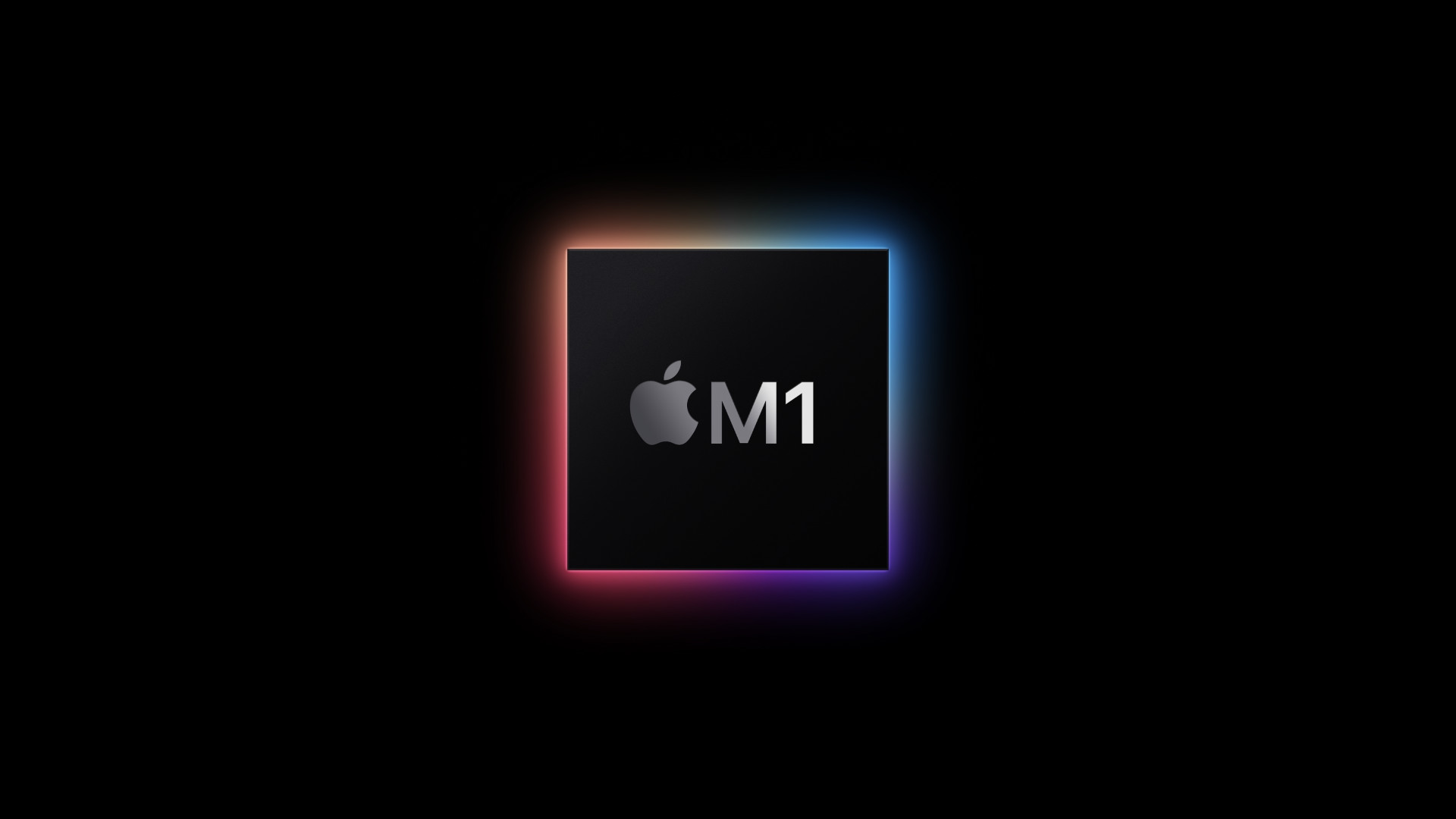
Another problem may be that while the anti-virus software on an Intel computer can identify the virus and eliminate the threat in time, it cannot (yet) on the Apple Silicon platform. Anyway, the good news is that Apple has revoked the app's developer certificate, so it's no longer possible to run it. What is not clear, however, is whether the hacker had his application so-called notarized directly by Apple, which confirmed the code, or whether he completely bypassed this procedure. Only the Cupertino company knows the answer to this question.
It could be interest you
